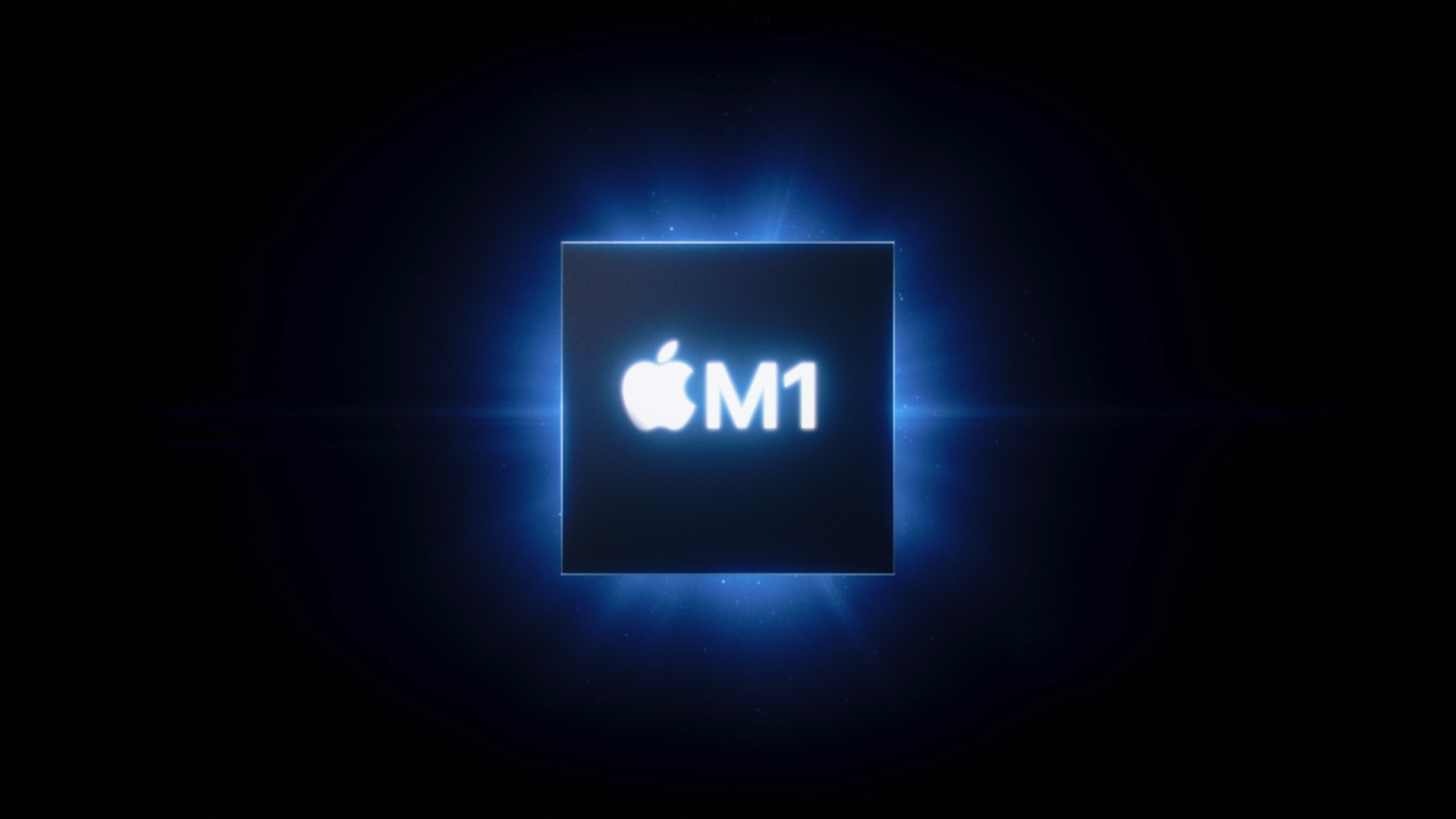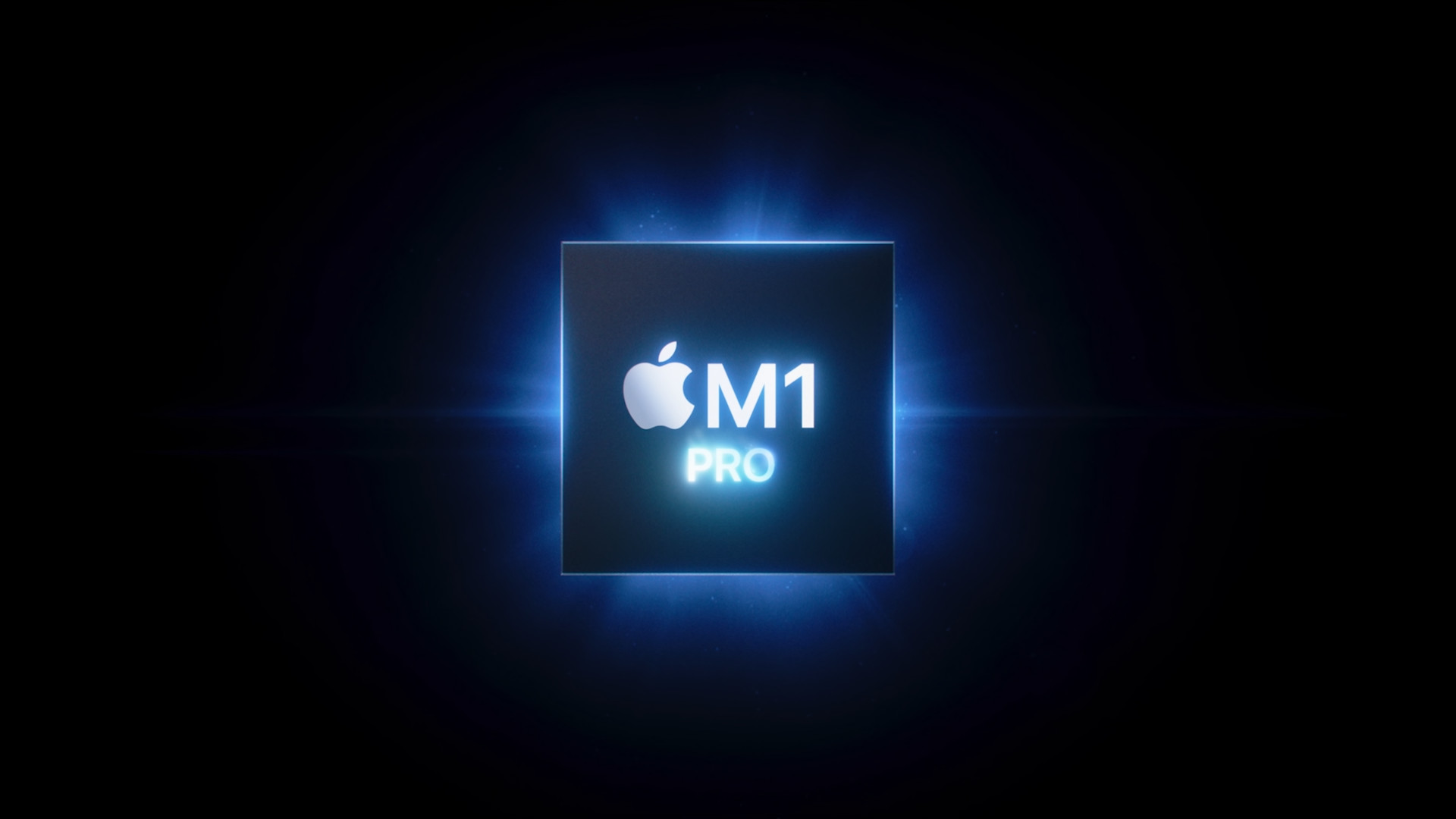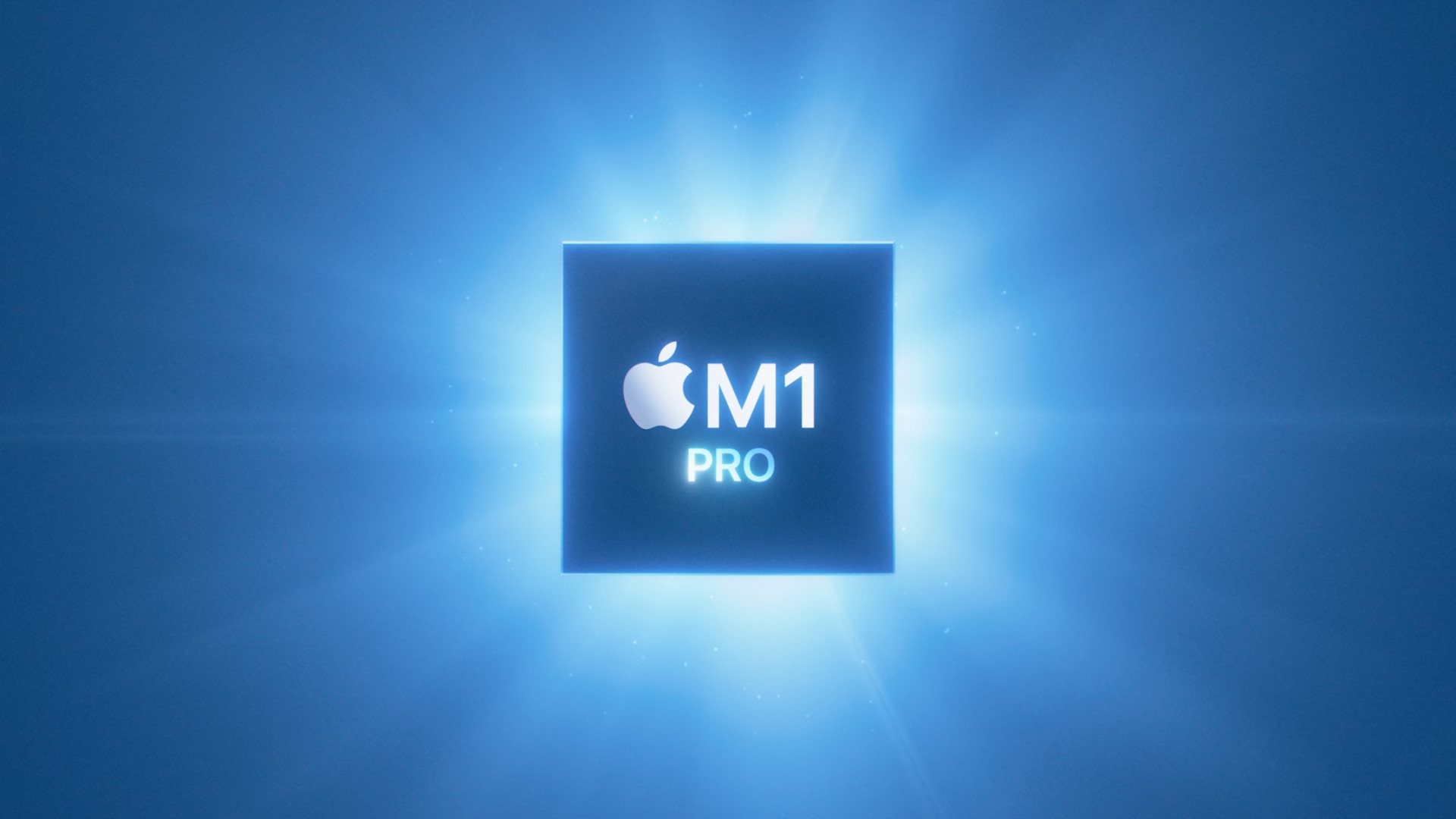We all know that the chip situation is not glorious. In addition, new data from analyst firm Susquehanna indicates that delivery times increased to an average of 26,6 weeks in March of this year. It simply means that it now takes manufacturers on average more than half a year to deliver various chips to their customers. Of course, this depends on the availability of the devices in question.
Susquehanna collects data from the industry's largest distributors. and according to her, after months of a slight improvement in the situation, the delivery time of chips is being extended again. Of course, this is due to a series of events that affected the world in the first quarter of this year: the Russian invasion of Ukraine, the earthquake in Japan and two pandemic closures in China. The effects of these "outages" may linger throughout this year and spill over into the next.
To illustrate, in 2020 the average waiting time was 13,9 weeks, the current one is the worst since 2017, when the company conducts market analysis. So if we thought that the world was returning to normal, it is now at its lowest point in this respect. E.g. Broadcom, the American manufacturer of semiconductor components, reports a delay of up to 30 weeks.
It could be interest you

5 things most affected by the lack of chips
Televisions – As the pandemic forced us to remain closed in our homes, the demand for televisions also jumped. The lack of chips and high interest made them more expensive by 30%.
New and used cars – Car inventories decreased by 48% year-on-year, which, on the other hand, raised interest in used ones. The price jumped up to 13%.
Gaming console – Not only Nintendo has persistent problems with its Switch console, but especially Sony with the Playstation 5 and Microsoft with the Xbox. If you want a new console, you'll be waiting (or already waiting) months.
Appliances – From refrigerators to washing machines to microwave ovens, the lack of semiconductor chips causes not only a shortage of appliances, but also an increase in their prices by about 10%.
Computers – When it comes to chips, computers are probably among the first things that come to mind. So it's probably no surprise that the chip shortage is being felt the most in the world of computing. All manufacturers have problems, Apple is certainly no exception.










 Adam Kos
Adam Kos